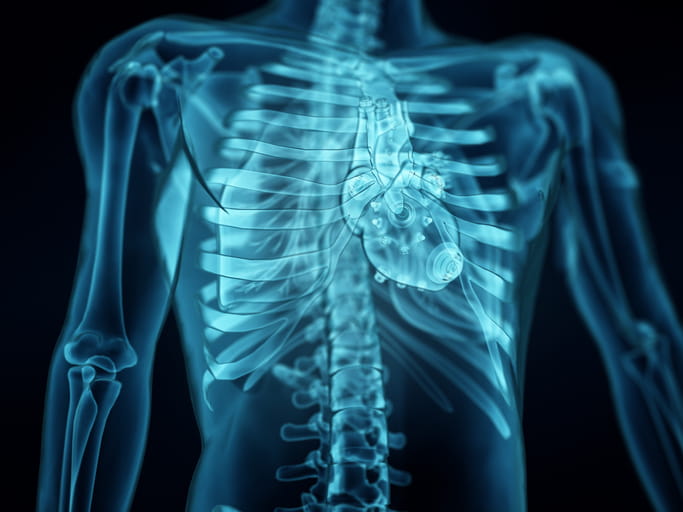
Did you know that the most common type of heart disease in the United States is coronary artery disease? This is why a CT heart scan is frequently done to check for early signs of the plaque that leads to coronary artery disease (CAD), according to the Mayo Clinic. A CT heart scan utilizes X-ray technology to produce detailed images of the heart, the interior, and the structures.
So, how long does a CT heart scan take? In this article, we will break down how much time you can expect the actual CT heart scan process to take, as well as how long you can expect to wait for your results.
Schedule your scan >>
What Is a CT Heart Scan?
According to the Cleveland Clinic, a cardiac computed tomography (CT) scan is a medical scan that takes detailed pictures of the structures of the heart. CT heart scans display three-dimensional images of the heart’s structures, including:
- Heart valves
- The chambers of the heart
- Coronary arteries
- Pulmonary veins
- Aortas
- Pericardium (the sac that surrounds the heart)
How Long Does a Heart CT Scan Take?
The entirety of the process of getting a heart CT scan takes roughly 30-60 minutes. Times vary depending on whether contrast dye is used and how much time each stage takes. You can expect the following steps to take:
- Prep time: It takes 10-15 minutes once you arrive at the facility to check in, change clothes, and review your medical history.
- The scan: The actual CT scan takes anywhere from 10-15 minutes. The time is faster if you follow directions precisely. At Preventative Diagnostic Center, the time you will be asked to hold your breath while being scanned is roughly 10 seconds.
- Post-scan: Getting dressed, being advised on post-scan recommendations, and any observation time may take 5-10 minutes (assuming there is no allergic reaction to contrast dye).
Factors That Can Affect the Duration of the Scan
- Whether or not contrast dye is used.
- The patient’s capability of remaining still and following directions — for example, you may be asked to hold your breath for a few seconds during certain parts of the scan.
- Whether your heart rate is under control — in some cases, medication is given before the exam to control heart rate.
- The possibility of technical issues or the need to repeat certain scans for the best image.
When Can You Expect To Get Your Test Results?
At Preventative Diagnostic Center, your test results will be reviewed by a board-certified radiologist, and you will receive a report in the mail within seven to 10 business days. Both the radiologist and your doctor will be using your test results to check for plaque buildup, any abnormalities in the structures of the heart or the heart itself, and how well the heart seems to be functioning.
Since plaque buildup is such a huge indicator of coronary artery disease, you will likely be given a “calcium score.” A calcium score is a number used to determine how much plaque (calcium) is present in your arteries.
How Is a Calcium Score Measured?
The Cleveland Clinic notes that the following is how calcium scores are measured:
- 0: Your calcium score is considered normal, and you have little risk of heart disease.
- Under 100: Your calcium score is showing small amounts of plaque buildup, and there is some evidence of coronary artery disease.
- Between 100-400: There is moderate plaque buildup and evidence of coronary artery disease.
- 400 or higher: There is extensive plaque buildup and evidence of coronary artery disease.
A CT heart scan is a non-invasive and quick way to check for early signs of coronary artery disease. While the actual appointment can be a bit of a hassle, the actual scan is incredibly quick and easy.
At Preventative Diagnostic Center, we use a SOMATOM go.All CT scanner which isn’t enclosed, making it easier on those who may be claustrophobic. This CT scanner also uses the lowest amount of radiation possible for the best pictures. Before booking your appointment, discuss timing and preparation with your healthcare provider.
